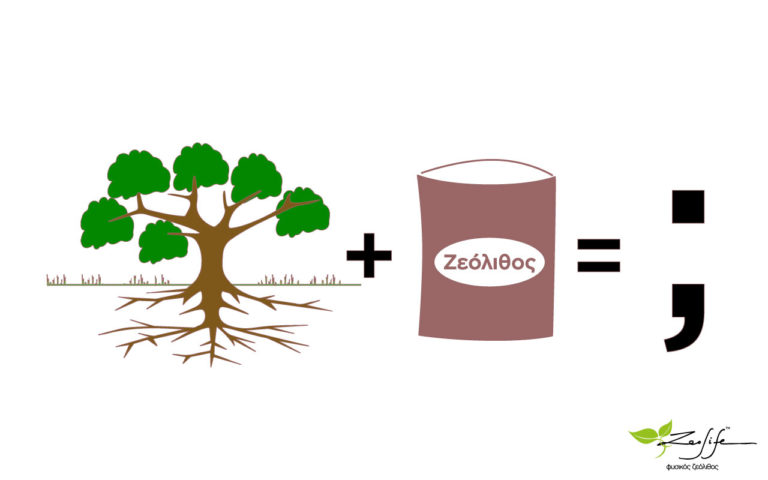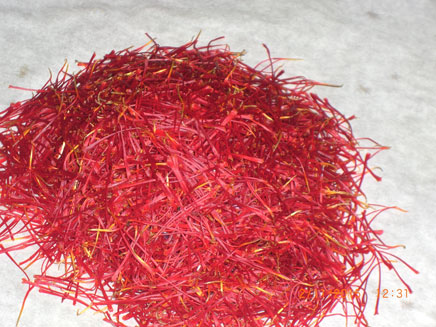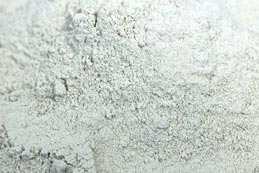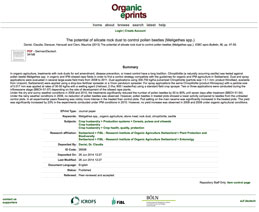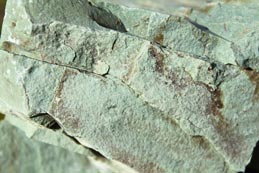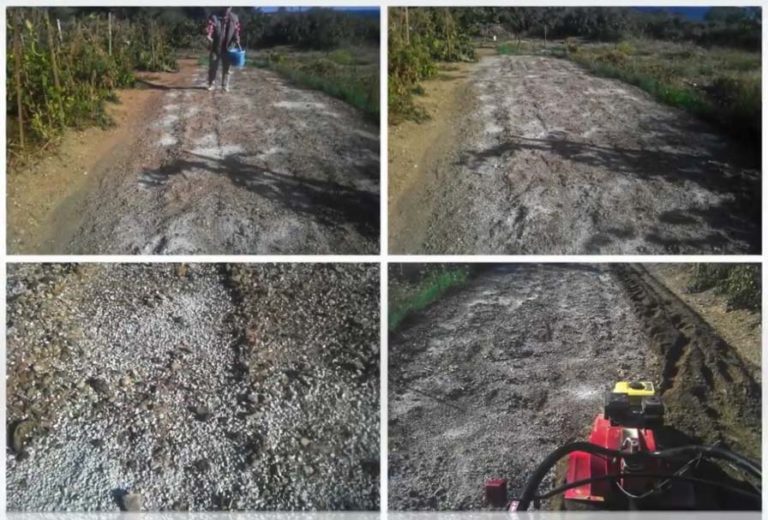Khanal Arjun(1) Paudel Pratima(2)
1 Project Coordinator/Research Associate at Center for Environmental and Agricultural Policy Research, Extension and Development (CEAPRED)
(E-mail: arjunkhanal15@gmail.com)
2 Data entry officer at Center for Environmental and Agricultural Policy Research, Extension and Development (CEAPRED)
(E-mail: Paudelpratima10@yahoo.com)
Abstract
Seed drying beads are modified ceramic materials (aluminum silicates or “zeolites”) that specifically absorb and hold water molecules very tightly in their microscopic pores. The beads will continue to absorb water until all of their pores are filled, up to 20 to 25% of their initial weight. Seven experiments were carried out using zeolite seed Drying Beads® to dry freshly harvested vegetable seeds to low moisture content. The beads were mixed with 1000 g of pea, 500 g of onion seeds and 100 g of tomato seeds in different ratios (the ratio of bead varies according to the beads moisture absorbing capacity and the moisture percentage of the seed), sealed inside moisture-proof bags or heat-sealed laminated aluminium foil packets and placed in temperature controlled environments for drying and/or storage. The desired moisture content of the seeds depends upon the size of the seeds, generally 4-6% for small seeds and 6-8% for large seeds. The experiment confirmed that the beads dry seeds within 3-5 days. The result demonstrated that bead has significant effect in lowering the moisture percentage and keeping the germination percentage constant for several years. It has been found that the seeds can be stored for several years, if seeds are treated with beads and are kept in air- tight containers.

source: edupediapublications.org
